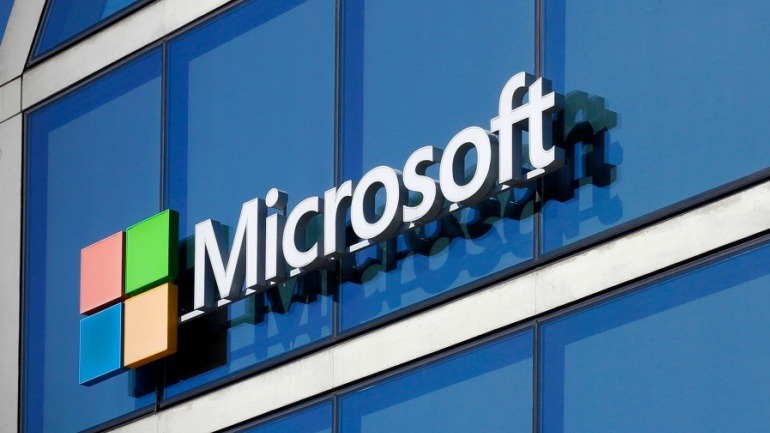Microsoft is accelerating its cloud and AI dominance, reporting a 22 percent cloud revenue jump and rapid adoption of its AI tools. Strategic global data center expansion and rising customer interest in analytics underscore its commitment to future growth, despite margin pressures.
du’s announcement to develop a hyperscale data center with Microsoft is a game-changer for UAE’s digital infrastructure. This AED 2 billion venture highlights Dubai’s commitment to digital innovation, enhancing du’s ability to meet growing cloud demands.
Siemens’ groundbreaking collaboration with Microsoft at Hannover Messe showcases a next-level industrial AI foundation, revolutionizing Industry 4.0. Leveraging vast production archives, this AI enhances automation and integrates digital systems like virtual PLCs. With applications already at Audi, Siemens leads in bridging the skilled labor gap and optimizing industrial processes.
Microsoft has canceled several planned data center projects across the U.S. and Europe, totaling around 2 GW of capacity. Analysts suggest this signals an oversupply or strategic cost-cutting amid AI investment concerns. While Microsoft remains committed to AI, the move raises questions about market stability.
Microsoft is set to transform South Africa’s digital landscape with a $298.6 million investment in cloud and AI infrastructure. This strategic expansion will boost Azure services, catering to diverse organizations. From startups to multinationals, enhanced productivity awaits.
Microsoft is set to discontinue Skype in May, shifting users to Microsoft Teams’ free tier. Acquired for $8.5 billion in 2011, Skype struggled to compete with Zoom and Google Meet. Microsoft now prioritizes Teams for communication.
Microsoft has unveiled its first quantum chip, Majorana 1, powered by a breakthrough material called a topoconductor. This innovation enables topological superconductivity, paving the way for a million-qubit quantum system.
Microsoft’s bold $80 billion investment in AI-enabled data centers cements its role in the AI revolution. By 2025, this move aims to propel AI model training and cloud-based applications globally.
Microsoft has sold its former private 5G unit, Metaswitch, to Alianza, signaling a shift in its telecom strategy. While Microsoft’s 5G efforts struggled, this deal enables Alianza to modernize telecom infrastructure for over 1,000 service providers, enhancing cloud-native and AI-driven services.
Nokia and Microsoft have extended their partnership by five years. This collaboration focuses on equipping Azure data centers with advanced routers and switches to enhance connectivity and optimize cloud infrastructure.













